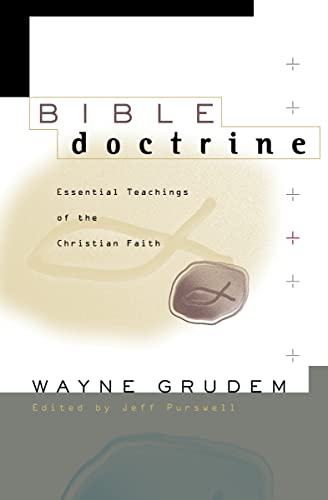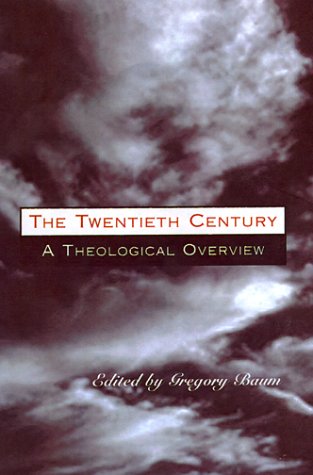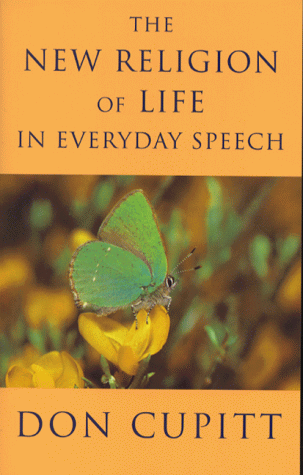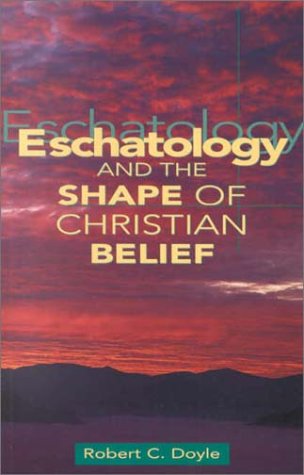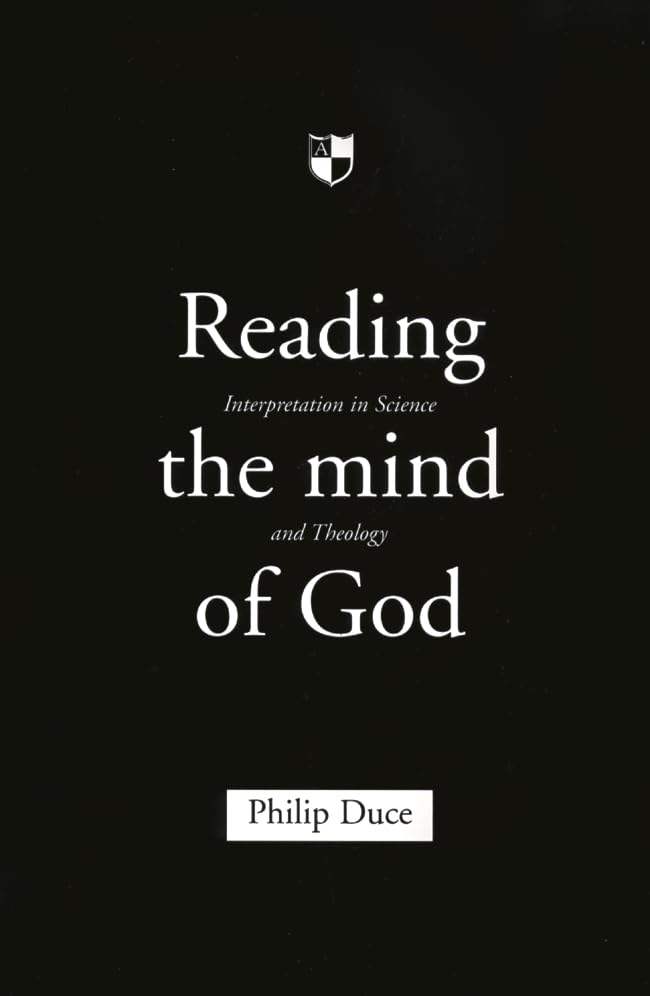Bible Doctrine: Essential Teachings of the Christian Faith
Written by Wayne Grudem Reviewed By Daniel StrangeWayne Grudem’s Systematic Theology (Leicester: IVP, 1994) has already achieved something like ‘classic’ status among evangelicals due in part to its readability (theological jargon is cut to a minimum), pastoral applicability, and its teaching on certain issues which are not often associated together in theologies of this kind (Grudem can be described as a ‘Reformed, baptistic, charismatic premillennialist and the book is endorsed by both Jim Packer and Terry Virgo). Bible Doctrine is a substantially abridged version of Systematic Theology, edited by Grudem’s teaching assistant Jeff Purswell and aimed in Grudem’s words, ‘for students in one-semester classes in Christian doctrine … adult Sunday school and home Bible studies’ (11) i.e. people who have never studied theology before. As with the larger version, the book’s aim is not to engage with ‘liberal theology’, (by that he means those who deny the absolute truthfulness of the Bible), rather, it is firmly based within the world of conservative evangelicalism.
Noting the intended audience, the packaging and layout of the book seems to have been an important consideration in trying to make the study of systematics both appealing and accessible. The silver cover and ‘space-age’ headings axe an attempt to do this although I thought the name change (from Systematic Theology to Bible Doctrine) would do little to reduce the intimidation some Christians feel at the prospect of ‘doing theology’. From Systematic Theology I was pleased to see the retention of The Historic Confessions of Faith’ (minus the Westminster Confession and the 39 Articles), and the extremely useful bibliography of evangelical systematic theologies. New sections of the book include, review questions at the end of each chapter, some relevant websites in the footnotes and an excellent cross-referencing glossary.
In terms of structure, the book retains the ‘classic’ systematic outline arranging the task into various loci: the doctrine of the word of God, the doctrine of God, the doctrine of man, the doctrine of Christ, the doctrine of the application of redemption, the doctrine of the church and the doctrine of the future. As with the larger version Grudem is not afraid to take a definite line on the disputed issues within evangelicalism, but is fair both in terms of space and description of other evangelical positions. Therefore both Calvinists and Arminians, charismatics and cessationists, paedobaptists and nonpaedobaptists, all have their say.
What I found most interesting in comparing this shorter version to the larger original, were the topics that have been edited out completely. These include specific treatments of miracles, the biblical covenants, the extent of the atonement, church government, the Holy Spirit (although there are still two chapters on spiritual gifts and the only text on the cover of the book is a fragment of Acts 2:3–4). Personally, I found these rather strange exclusions. The question of how we ‘do church’ today in our post-Christian society is becoming more and more important and issues of church government are very relevant to this debate. The debate concerning the extent of the atonement continues to be a ‘big issue’ in evangelicalism especially in light of religious pluralism. The omission of a chapter on the Holy Spirit may create the impression that the Spirit’s work is solely concentrated on the gifts of the Spirit rather than focusing on his work in a whole load of other fundamental opera.
Perhaps what I found most disappointing was omission of the treatment of the biblical covenants. Although I still believe there to be a place for topical systematics, there is always the danger that doctrines will become compartmentalised and that the unifying themes of God’s purposes in history will be lost. Some kind of organising scheme, whether on covenantal or more dispensational lines at least, demonstrates the connection between doctrine and illustrates the organic nature of theology. One of the reasons why some deem systematics as irrelevant is that it fails to link past, present, and future in a cohesive way. Therefore I do feel there has been something of a missed opportunity here to be radical (and not just readable), not in terms of content but in terms of structure and to experiment with how evangelicals approach the organising of the theological project.
However, having noted the above caveats, I would recommend the book and I am sure it will be used profitably by the people the book targets. Grudem and Purswell have made a good attempt to provide a clear and accessible systematic theology.
Daniel Strange
Daniel Strange is director of Crosslands Forum, a centre for cultural engagement and missional innovation, and contributing editor of Themelios. He is a fellow of The Keller Center for Cultural Apologetics.


